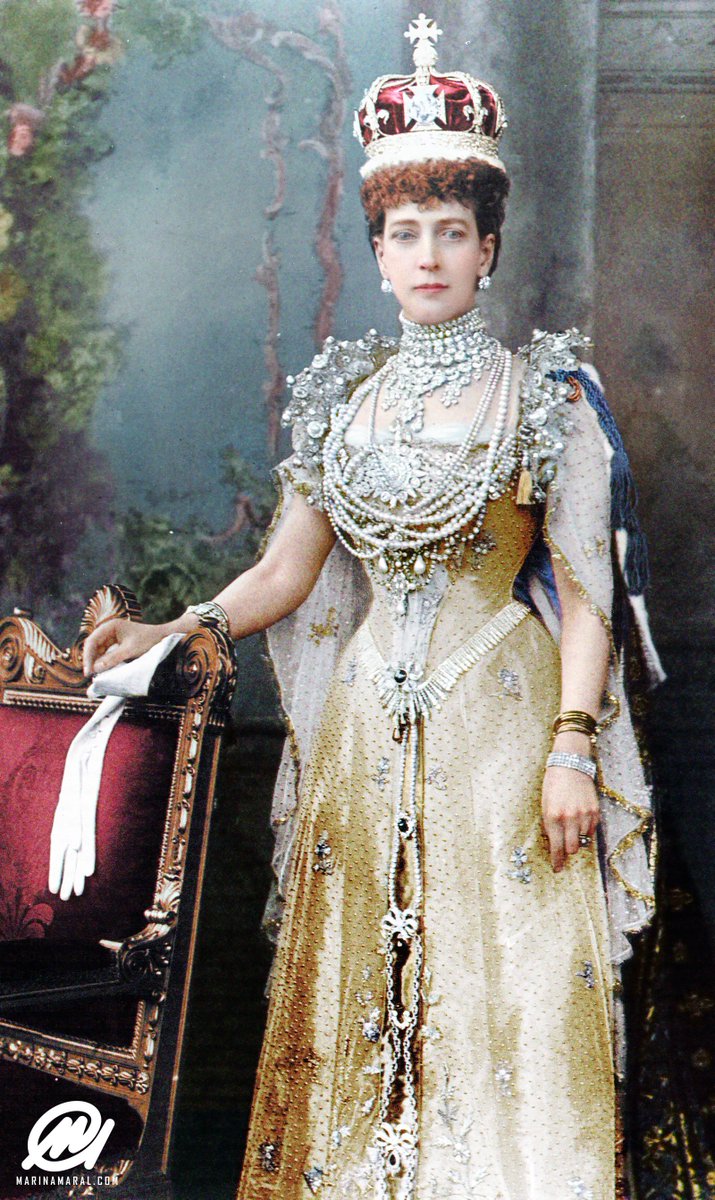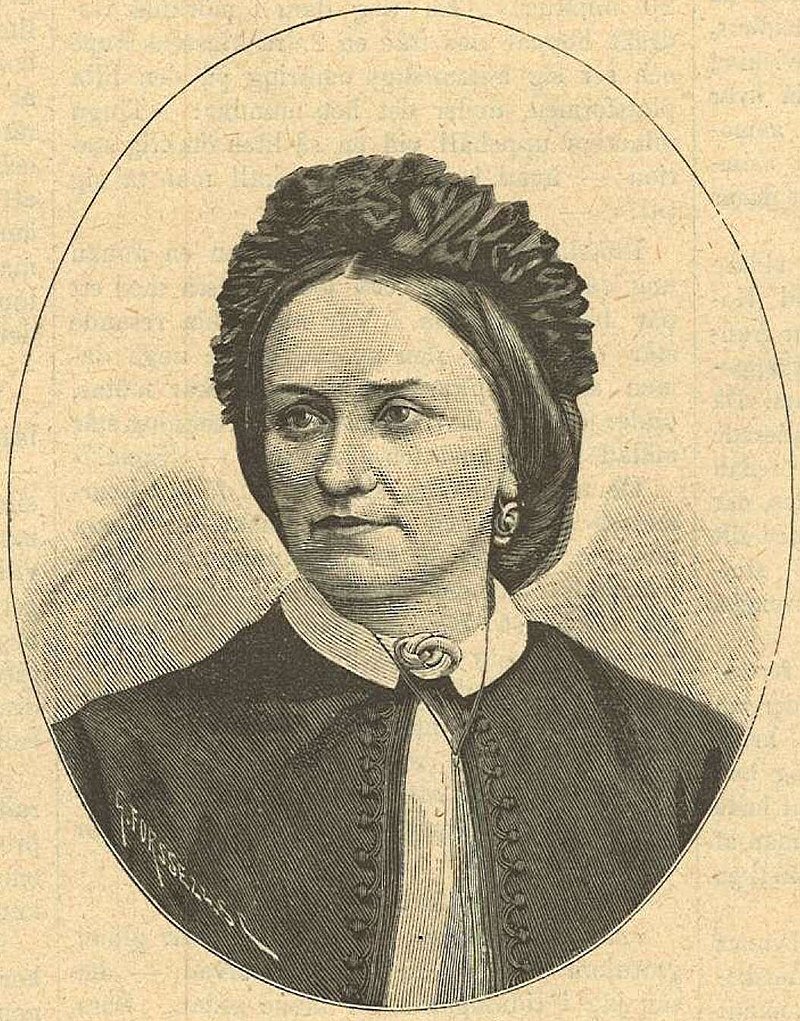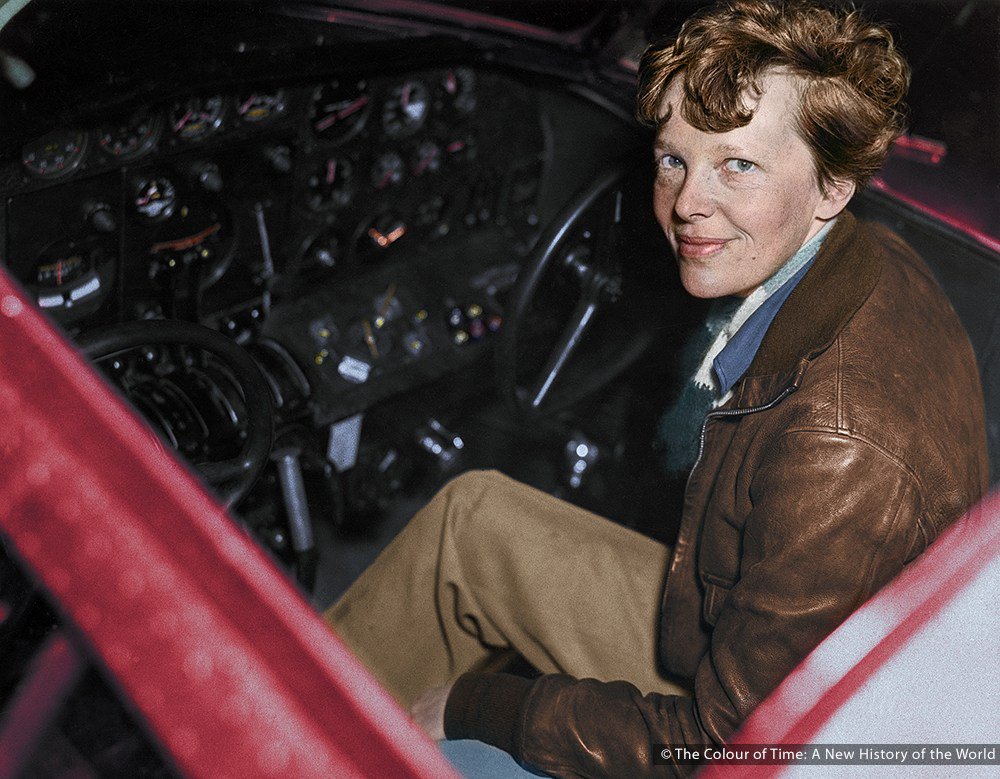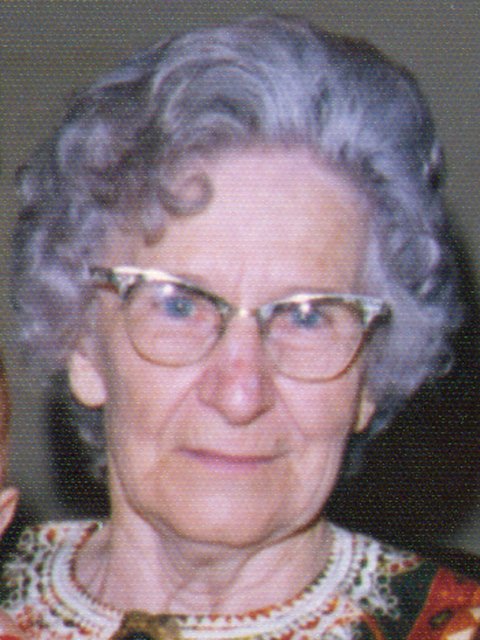She took a particular interest in the London Hospital, visiting it regularly.
In 1920, a blood vessel in her eye burst, leaving her with temporary partial blindness. Towards the end of her life, her memory and speech became impaired.
Unlike her husband and mother-in-law, she was not castigated by the press.






































